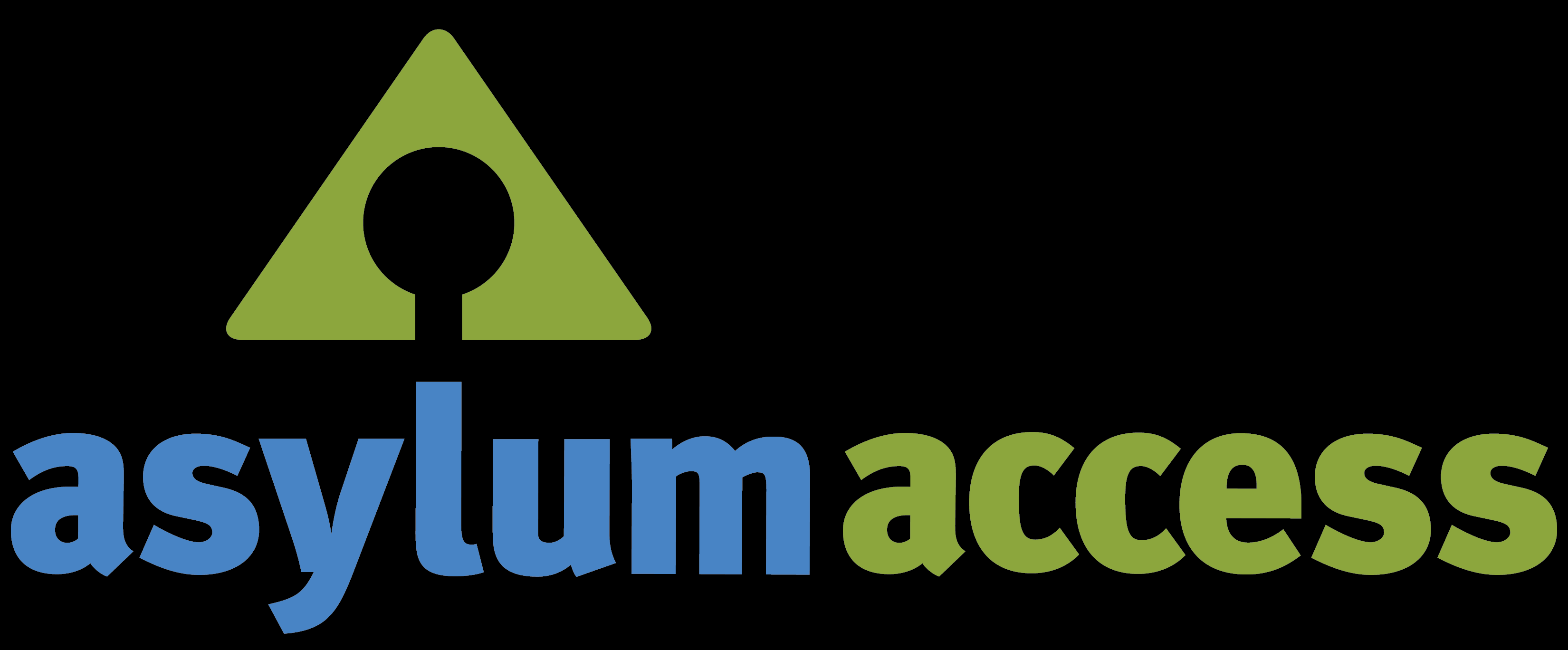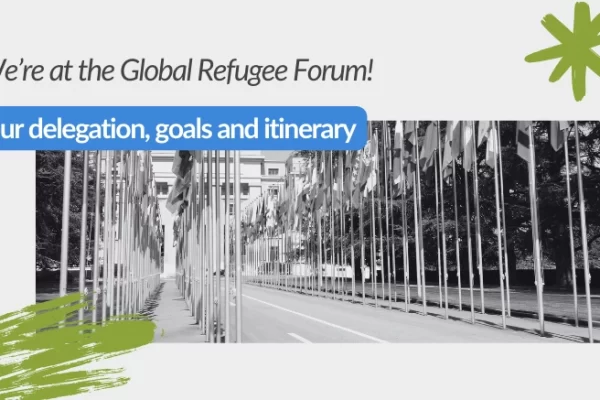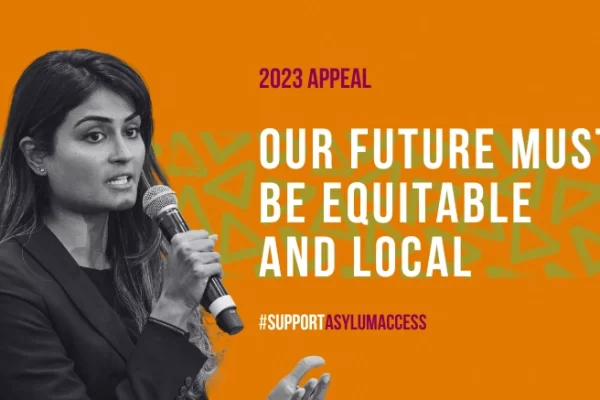For refugees, by refugees: AAT clients develop Community Action Plan
What would you do if you landed in a foreign country without a penny to your name, without the ability to speak the language and without any friends who might be able to help you and your family? Your undocumented status makes it near impossible to find work and you’re constantly harassed and discriminated due to your appearance. If that weren’t enough, now imagine trying to cope with these difficulties along with the personal trauma that forced you to flee your home in the first place.
Strangers in a new land, refugees and asylum seekers face these challenges, and many more, when they arrive in their host countries. In Bangkok, circumstances are made particularly difficult because Thailand is not a signatory of the 1951 Refugee Convention and has no domestic legislation governing urban refugees. In other words, urban refugees are not legally recognized and are at constant risk of arrest and detention. They are unable to work legally and thus live a precarious existence, often suffering from a wide range of health problems.
To address the emotional and psychological needs of their clients, Asylum Access Thailand began organizing support groups, providing a space where individuals could talk through their personal struggles under the guidance of a medical specialist. Perhaps due to the intimate nature of these gatherings, support group members quickly bonded and supervising AAT staff, like Community Outreach Coordinator Sharonne Broadhead, began to recognize a greater potential for these groups, such as having members work together to formulate Community Action Plans (CAPs).
As its name suggests, a CAP is a plan created by similarly impacted individuals to formulate and implement a series of activities with the end of improving their lives and the lives of their community members. The idea is that, through the CAP, community members set out objectives that directly relate to the challenges and abilities identified by community members and in relationship with their life goals.


So far, AAT has aided in the development of two successful CAPs. Through its first initiative, a Community Support Group comprised of single African and Sri Lankan women and their children decided to focus on crocheting as an income-generating activity. A skills-building training, led by one of each of the nationalities and facilitated by AAT, gave each member the practical skills they needed, while a small business training by the International Labor Organization, originally catered toward refugees living in camps along the border, but adapted to fit the urban refugee context, gave them the tools to manage their new business. Finally, AAT helped connect the group to safe marketing venues, such as holiday markets at international schools and other women’s groups, and even set the group up with a Facebook page to increase sales.
“One of the best things is that I learned a new activity. Now I can make things in crochet for me and for my daughter. I enjoy doing it and maybe in the future that will help me to find a job.” – Single mother from Angola
Under the guidance of AAT, a second initiative led by a small group of AAT interpreters has been created to bring about policy change relating to UNHCR’s Refugee Status Determination (RSD) process. Frustrated by RSD delays, cancellations and wait times, members of this group took it upon themselves to survey other refugees in their community and collaborate with refugee aid organizations to collect information that will be incorporated into a formal letter addressed to the UNHCR, alerting them of the issues at hand and the changes required.
While only the first two CAPs to be carried out through AAT, we are excited to see how these initiatives continue to develop. To date, the positive outcomes of these CAPs have certainly paved the way for the creation of additional groups, comprised of individuals with shared interests and needs, and with the aim of helping one another using the group’s collective knowledge and experiences.
Written by Communications and Development Officer Sandra ten Zijthoff.





